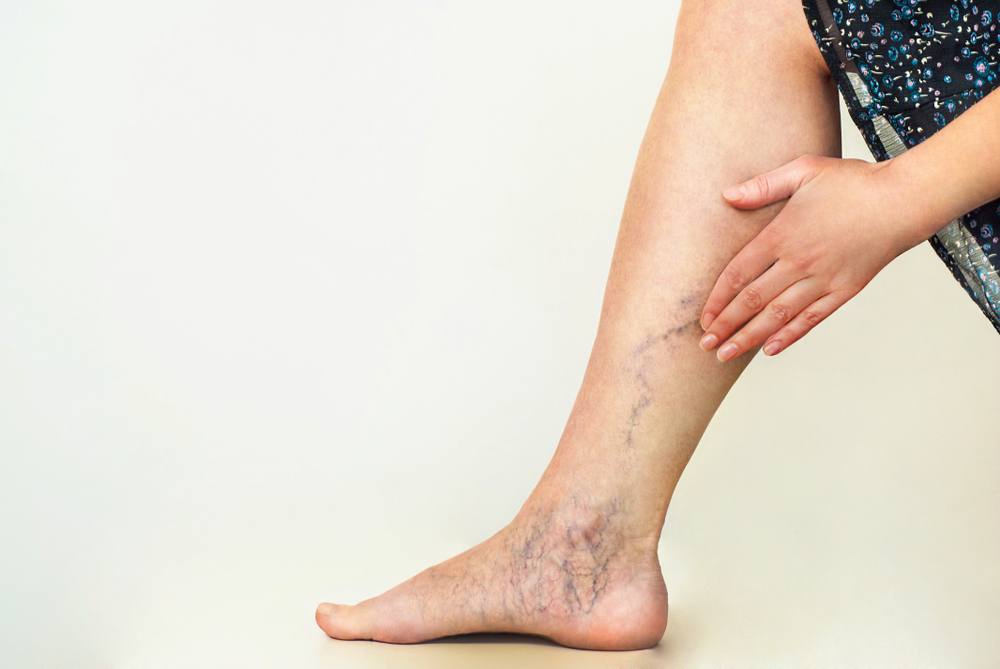10 Heart Diseases That Can Be Inherited
Genes impacts on how our bodies work and how they function. Genes are inherited from our parents, and similarly, they’ve inherited from theirs; the chain goes on. Our bodies are made upon trillions of cells. Each cell has a nucleus that contains the information that makes you unique. This information is your genes, your DNA.
Inherited heart conditions are caused by one or more faulty genes. If the parents have a faulty gene, then there’s a 50-50 chance that you have them too or that you are likely to inherit it. Inheritance increases your risk of a heart condition, yet you never really develop a symptom or a sign of the disease itself. It can affect anyone and more than one person in the family.
Here are the 10 heart diseases that are commonly inherited.
1. Dilated Cardiomyopathy:
Dilated cardiomyopathy is a disease where the muscle of the heart becomes stretched and thin. It becomes unable to pump blood around your body the way it should.
The left ventricle of the heart becomes baggy or stretched. The muscle becomes too loose. This can lead to fluid buildup in the lungs, abdomen, and other organs of your body. This combination of symptoms is known as heart failure.
2. Long QT syndrome (LQTS):
Long QT syndrome is a rare heart condition that causes abnormal heart rhythms. arrhythmias are caused by an unusual delay in your electrical system, which keeps your heart pumping, also known as ‘prolonged repolarization.’ Prolonged repolarization appears on your ECG as a lengthy QT interval, which is a part of the heartbeat cycle.
There are two types of LQTS than can affect the electrical system in your heart:
potassium channel LQTS:
It carries the risk of sudden death if you’re awoken suddenly.
Sodium channel LQTS:
It increases the risk of sudden death when you’re sleeping.
Abnormal heart rhythms can occur in response to sudden noise, stress, an exercise that requires extra effort.
3. Hypertrophic cardiomyopathy:
Hypertrophic cardiomyopathy is a disease where the muscles of your heart’s walls that are myocardium thicken, making the heart stiff.
The thickness makes it difficult for the heart to pump blood around your body. The thickness and the extremity to which your muscle is affected varies from person to person. The left ventricle is mostly the one that is affected; however, in some cases, the right side gets affected too.
4. Brugada Syndrome:
Brugada syndrome is a disease that disturbs the flow or travel of potassium or sodium ion into your heart’s cells.
It causes disturbance to the electrical impulses, which keep your heart beating and can lead to life-threatening fast heart rhythms. Brugada syndrome is common in young men with Southeast Asian heritage.
5. Arrhythmogenic right ventricular cardiomyopathy:
Arrhythmogenic RVC is a genetic condition. The cells of the heart’s muscles are held together by proteins. In ARVC, these proteins don’t develop properly, so they cannot keep muscle cells together. The muscle cells get detached, and fatty deposits build up in an attempt to repair the damage.
ARVC usually affects the right side of the heart, but it is also can affect both. The changes in the walls mean that the muscle is thin and stretched. This condition is usually progressive, which means it may get worse over time.
6. Catecholaminergic polymorphic ventricular tachycardia:
CPVT is a rare heart rhythm disturbance found in youngsters and children. Within your heart cells, proteins are responsible for regulating the release of calcium ions. If these proteins fail to function normally, it can lead to a rise in the level of calcium inside your cells.
7. Progressive cardiac conduction defect (PCCD):
It is a rare disease where the heart’s electrical impulses are conducted at a slow pace. Over time this can lead to a complete heart block, also known as third-degree heart block.
PCCD can also cause life-threatening rhythm disturbance from electrical impulses that come from the wrong areas of the heart rather than the heart’s usual, natural pacemaker.
For many PCCD, the changes are caused by the action of sodium channels in the heart’s cells.
8. Familial Hypercholesterolemia:
Some people are born with FH, a genetic condition where you have exceptionally high levels of cholesterol in your blood.
It is caused by more than one faulty gene. It’s caused by a genetic mutation that means that your liver is unable to remove the bad cholesterol, which is also known LDL. High FH leads to a greater risk of getting a heart and circulatory disease at an early age if it isn’t treated on time.
High cholesterol causes a fatty build up in your coronary artery, which is also known atheroma. Atheroma means your arteries become thinner, and the blood can’t flow to your organs properly. This makes you more vulnerable to a stroke and a heart attack.
9. Cardiac amyloidosis:
An amyloidosis is a group of diseases where clumps of proteins called amyloids build up in the body tissues. Over time, these proteins replace the normal tissue leading to failure of the involved organ.
It can develop as the result of another disease such as blood cancer or as the result of another pre-existing medical problem causing inflammation.
10. Cardiac Myxoma:
Cardiac myxoma is the most common type of primary tumor of the heart. They usually arise from primary connective tissue. This type of disease has a 10% chance of being inherited. Cardiac myxoma arises in the left atrium while the rest occur in the right. Symptoms often occur at an early age. Myxomas are more commonly found in women than in men.
The above-mentioned heart conditions are known to be inherited. One must always be aware of their family’s history and diseases to have an early treatment to lead a healthy lifestyle and prevent themselves and the coming generations. Always consult your doctor if problems arise regarding your heart.
Take precautions with the South Florida CardioVascular Specialists!
If you want to learn more about your medical inheritance and want to stay up to date with your heart conditions, then the experts and specialists at the South Florida CardioVascular Specialists clinic will help you out. We cater to all sorts of medical queries and help our patients lead a healthier life.





